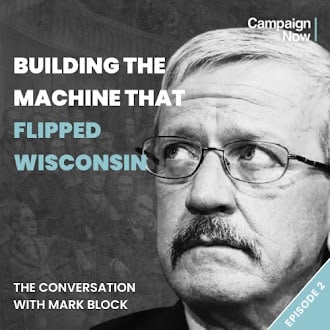Modern campaigning saw early "lawfare" lead to a Supreme Court race, beginning with the exile of a strategist and ending with a rule change.
What to Know:
- Mark Block helped win a key 1997 Supreme Court race that saved school choice in Wisconsin.
- He was later accused of illegal coordination, despite legal clearance, and banned from politics.
- Block lost his career and income but rebuilt through Americans for Prosperity and state networks.
- In 2013, he confronted Jim Doyle at Harvard, reclaiming his role in reshaping Wisconsin politics.
- His case is now a textbook example of lawfare used to sideline political opponents.
A Wisconsin Supreme Court race in 1997 ignited a political firestorm that went beyond judicial philosophy to expose the inner mechanics of modern campaigning. At the center was Mark Block, a grassroots strategist whose rise and fall became a case study in political lawfare. His story is the focus of our three-part series now available on YouTube and SoundCloud, where we trace the campaign that changed everything, the legal backlash that nearly destroyed him, and the comeback that helped redefine conservative strategy in Wisconsin and beyond.
The Race That Changed Everything
A quiet defense of school choice evolved into a pivotal moment in political lawfare, a story of power, punishment, and eventual redemption.
“If Wilcox [had] lost, you would not have school choice in America today,” Block said flatly. “That’s not me saying that—historians say it. I just happened to be Wilcox’s campaign manager.”
Jon Wilcox, a conservative justice on the state’s highest court, was facing liberal challenger Walt Kelly. But this wasn’t just a legal contest. Wilcox held the swing vote on the court, which was deliberating the constitutionality of Wisconsin's pioneering school choice law. An adverse ruling had the potential to dismantle years of educational reform efforts.
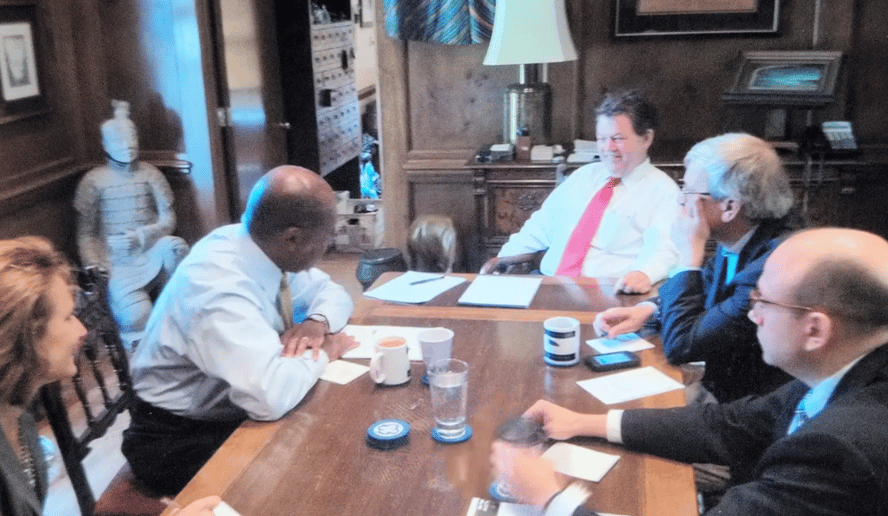
Mark Block (middle right) meets with Dr. Art Laffer
Block ran a grassroots-heavy campaign designed to avoid the trappings of big-media politics.
“I’ll take grassroots people over a media campaign any day of the week, no offense to what you do for a living,” he said with a half-laugh.
This involved grassroots organizing among sheriffs and local elected officials, alongside peer-to-peer persuasion in homes, rather than expensive television advertising. The strategy worked. Wilcox secured a decisive victory.
“We won every single county,” Block said. “We even beat Walt Kelly in his home village.”
From Victory to Legal Ambush
Just weeks after the election, everything unraveled. Kelly filed a complaint with the Wisconsin Elections Board, accusing Block of illegally coordinating with an outside group that had mailed contrast postcards during the campaign.
“It was a contrast piece,” Block said. “The group approached me in January—I said, ‘You can’t talk to me about that. Get yourself a lawyer.’”
The group did exactly that. The Elections Board gave them legal clearance. Block had the memo. Still, he became the focus of a sprawling investigation.

“They had 52 investigators talking to my high school friends,” Block recalled. “They did everything to destroy me.”
According to Block, then-Attorney General Jim Doyle told associates directly:
“I need Block taken out.”
Bankrupted, Blacklisted, Banned
With mounting legal costs and political pressure, Block eventually agreed to a civil settlement. He paid a $15,000 fine and accepted a three-year ban on political activity.
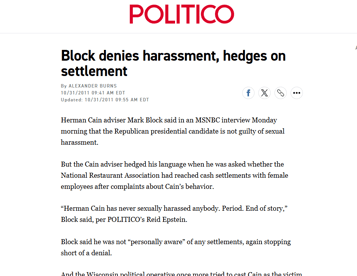
“I wasn’t convicted—but I was bankrupted, blacklisted, and banned,” he said. “Within 24 hours, I lost every client I had. I ended up stocking shelves at night to pay the bills and send my kids to school.”
It was a stunning fall for a man who had just delivered a landslide election victory. But Block wasn’t done yet.
“It was the lowest I’d ever been,” he admitted. “I had to decide whether to disappear or keep going.”
The Rebuild: From Exile to Influence
Block spent three years in political exile. His return wasn’t marked by fanfare but by hard work. Starting from scratch, he flew to Washington, D.C., with no job, no connections, and a reputation still smoldering from scandal. He knocked on doors, made calls, and asked for another chance. That chance came when Americans for Prosperity took a risk on him.
At the time, AFP was still a fledgling outfit. Block was only the fifth hire. But he brought with him the grit of someone who had nothing left to lose and everything to prove.
“I was the fifth person hired,” he said. “When I took over AFP Wisconsin, we had 250 members. When I left in 2010, we had over 100,000.”
He wasn't merely expanding a list; he was forging an empire. He helped launch the MacIver Institute, Wisconsin Prosperity Network, and other infrastructure groups that fueled the state’s conservative revolution.
“We started privatizing the political process,” Block explained. “The party had become a hindrance. We needed outside groups to get the job done.”
By 2010, that machine delivered. Republicans swept the state: Scott Walker as governor, Ron Johnson defeating Russ Feingold, and majorities in both chambers.
“It was a clean sweep,” Block said. “We ran the table.”
Harvard and the Mic Drop Moment
The true redemption arc came in 2013. Block was invited to speak at a post-election seminar at Harvard’s Kennedy School. In the audience sat none other than Jim Doyle.
Block couldn’t resist.
“I got up and said, ‘Before I begin my remarks, I need to thank Governor Jim Doyle sitting in front of me. Because if it weren’t for his policies, the Tea Party movement would have never happened. [...] He didn’t smile. If looks could kill, I’d be dead.”
The situation culminated in a moment of public and complete accountability. Years after being dismissed by establishment Democrats, Block stood before them as the architect of a grassroots revolt that reshaped Wisconsin politics. Doyle's glare said everything. Block’s zinger reminded the room of his pivotal role in changing the game.
Legal Precedent and Political Warning
Block’s case, State of Wisconsin v. Block, would go on to become a staple in campaign finance law courses. Even years later, former Elections Board attorney George Dunst admitted:
“Block got screwed. They really did a number on him.”
Block now frames his experience as a textbook case of weaponized lawfare.
“What happened to me was one of the first lawfare-type things of taking out your opponents,” he said. “Political law has become weaponized. It’s not about justice. It’s about elimination.”
Block’s experience serves as a cautionary tale for operatives across the political spectrum. Long before "lawfare" became a buzzword, his case illustrated how legal mechanisms can be used not to uphold fairness but to neutralize threats.
Today, as campaign finance laws remain murky and selectively enforced, the precedent set by State of Wisconsin v. Block looms large. This is more than just a story about a strategist; it's a cautionary tale about how easily those in power can weaponize available tools to suppress dissent.
Wrap Up
Mark Block’s evolution from party insider to political exile and back again is more than a personal redemption arc. It reflects the way American politics punishes those who challenge the status quo, yet quietly adopts the tactics of its disruptors. Block's championed methods, such as promoting school choice and consolidating power through external organizations, are now widely accepted rather than considered radical.
They are foundational to how campaigns operate today. His story is a reminder that persistence, reinvention, and an unshakable belief in your strategy can outlast even the most brutal attempts to sideline you. Whether admired or resented, Mark Block didn’t just survive the system. He changed it. Watch the full story unfold in our three-part series on YouTube and listen to the in-depth conversation on SoundCloud.

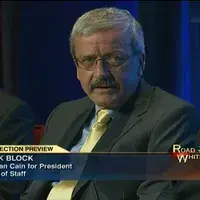

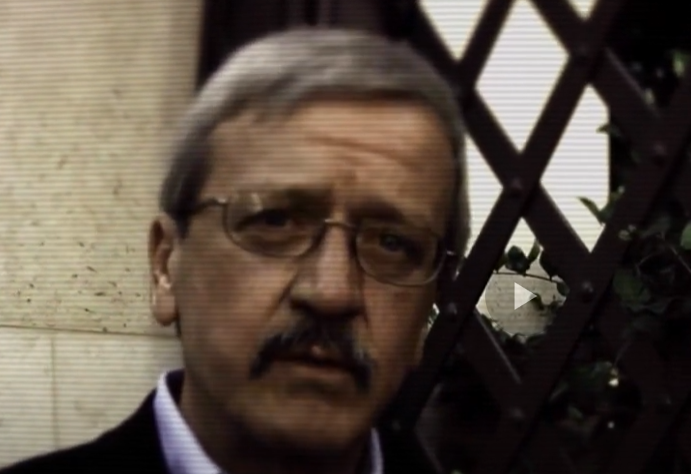
.jpg)
